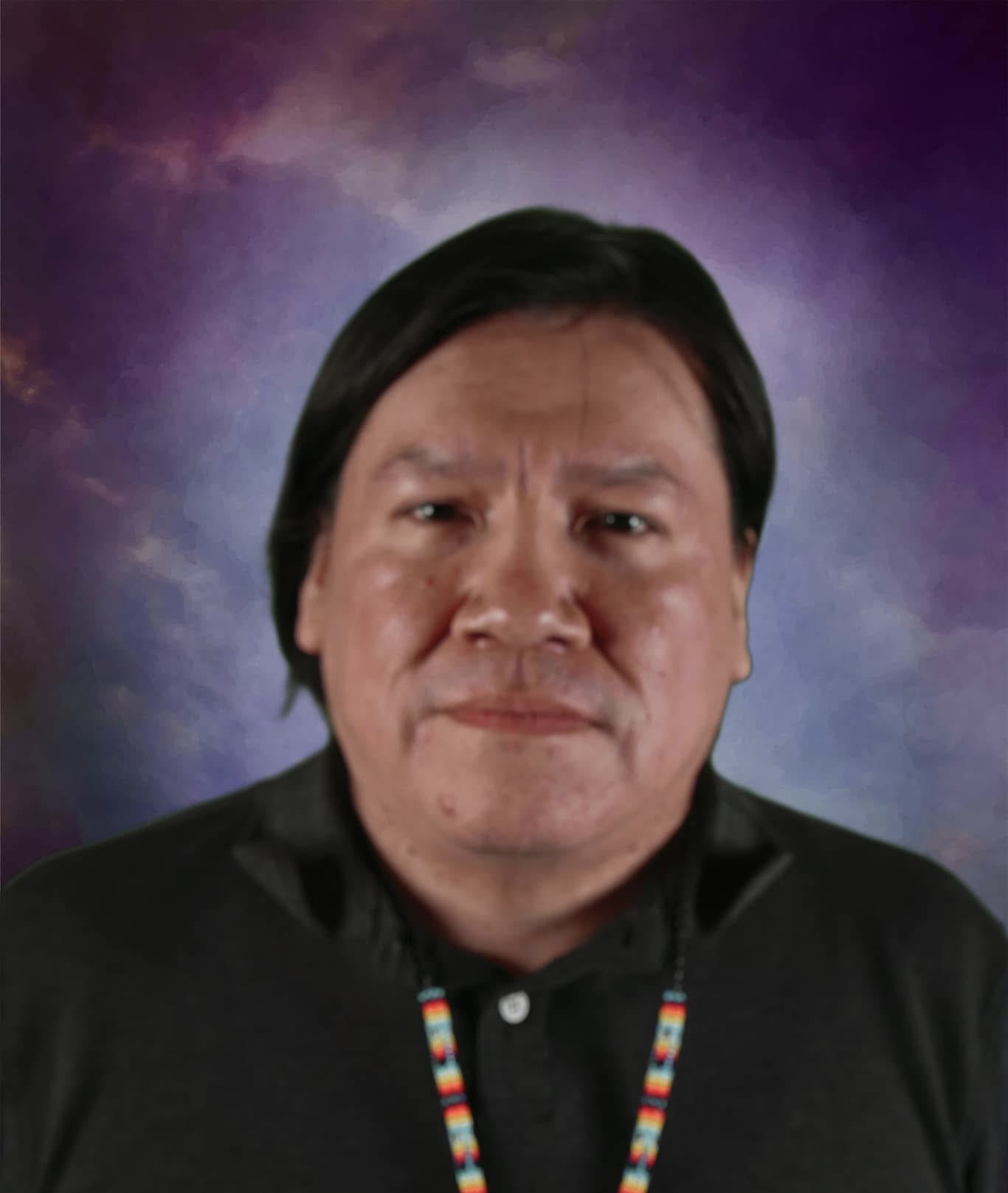Welcome to the Apisheesh podcast website!
Wacheyek (greetings all),
Welcome to the website for Apisheesh: A Cree Learning Podcast, a central place for all of our episodes plus extra and supplementary materials.
On the website, you can:
- Find all the episodes and links to podcast platforms
- Find Cree learning resource links I’ll be compiling through the course of my journey
- Read blogs about my learning journey, more background on topics that couldn’t be included in the podcast episode, and behind-the-scenes content on how this podcast is produced
- Read guest and host bios
- Review the podcast on our Leave a Review page
- Submit a message to the podcast, whether it’s feedback, suggestions, resources or a nice word (e.g. “Deadly guy, ah!”).
And I’ll add more features as the podcast evolves.
Blogs
As mentioned in my bio, I was a reporter with Wawatay News and on occasion, I’d write a column about certain personal topics, mostly hunting. I enjoyed those and so I think I’ll have fun writing blogs for the website as I go along.
Some ideas include: expanding on resources or breakthroughs in my learning; background on my mooshoom and the recordings; how episodes are produced from start to finish; how the podcast came about; and the people who have helped me along the way.
Keep an eye out on this space and social media for when each blog is published!
For this first blog, I’ll just start with the describing the services I’m using to have the podcast in the first place.
Funding
This podcast is financially supported by the Indigenous Screen Office through their Podcasting Program. I applied in October 2024 and was successful. Thanks to the funding, I’m able to cover costs needed to produce the podcast, including podcast hosting, equipment, design, labour and this website.
The call for applications is once a year, and the latest deadline recently ended, unfortunately, but I would encourage anyone to apply the next time. Follow their website and socials for the latest funding opportunities (especially if you’re a filmmaker!).
Podcast hosting provider
Most podcasts are hosted a podcast hosting provider – a place where you upload each episode where it will then distribute it to most podcast directories like Apple Podcasts, Spotify, Amazon Music, etc. That way, you don’t have to manually upload to each platform (though I still do for YouTube). There are a number of these hosting providers like Buzzspourt and Podbean, etc. and I was researching them and weighing their features and costs when ISO advised they partnered with Acast to have the podcasts in their Podcasting Program covered at no cost. So this podcast is hosted by Acast and that is where I upload each episode. It was fairly easy to set up and use. They don’t have a great website feature unfortunately which led to finding another website provider.
Website
While I had budgeted for a website in my ISO funding proposal, I debated whether I actually needed one. I created social media accounts and put them on LinkTree, thinking that would be enough but it became clear there needed to be a central place for the podcast’s online presence where the audience can find everything in one spot.
There are any website services catered to podcasts. There are some that combine the podcast hosting AND a dedicated website but since I already signed up for Acast, I looked at services specifically for websites. I had considered the usual website design and hosting services like WordPress and Squarespace but they seemed either limited or too complicated to set up for a podcast website.
I went with Podpage since it is dedicated to hosting podcasts and has the necessary features. Plus it’s relatively easy to use. It automatically imported my podcast info from Acast and created templates I chose from, and I customized from there. There are some limits on how much you can customize but it’s good enough for my purposes.
Anyway, those are the services I use for this podcast. Theoretically, you don’t need both the podcast host and the website, but you do need at least one so your podcast can live online (or just post to YouTube). Also, theoretically, if you have a smartphone or tablet, anyone can have a podcast. It does take a lot of work though, more than I expected. I’ll write more about that in another blog entry.
Meegwetch for reading and I’ll see you in the next one!
-Lenny
Don’t forget to like, subscribe and review the podcast!


